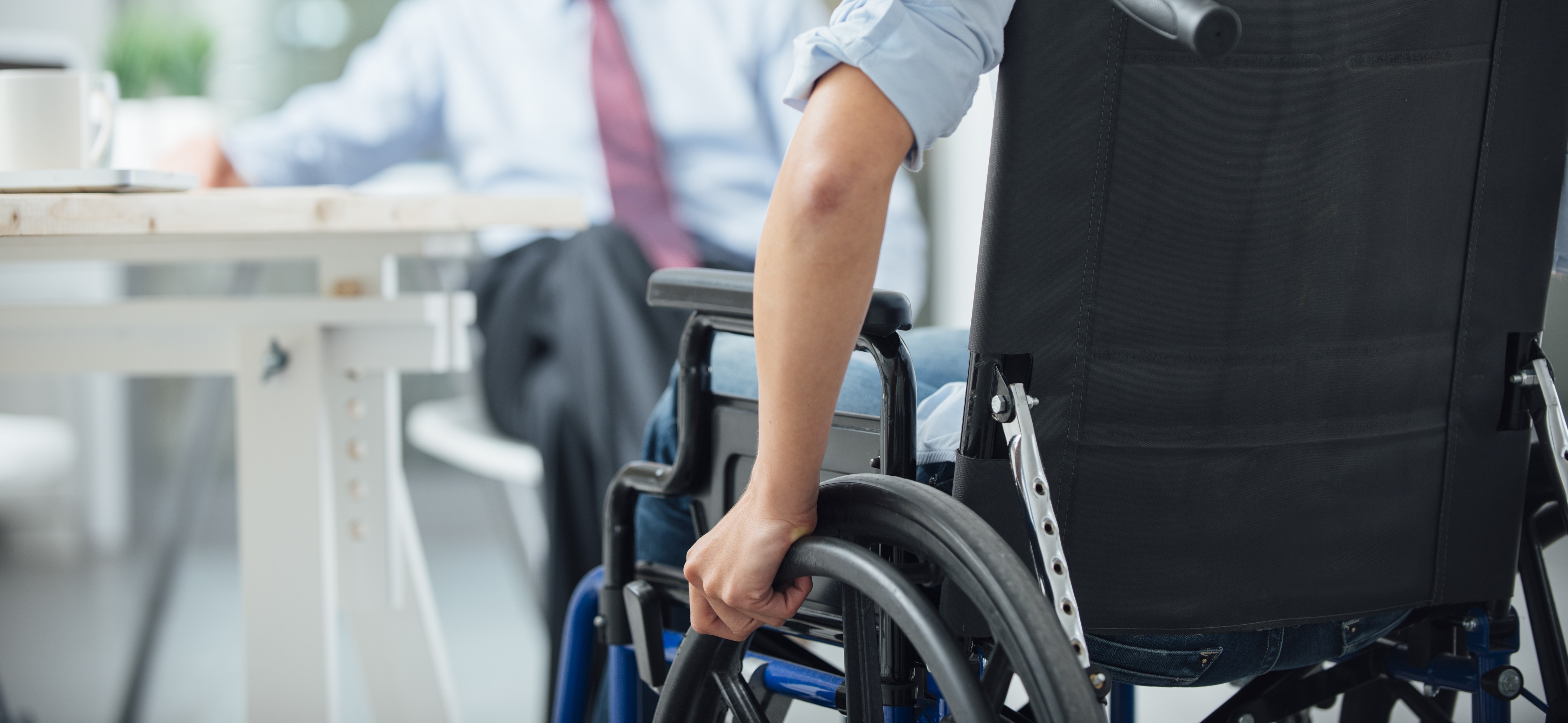Helping people with disabilities

The EU and its member states should step up their efforts to put the European disability strategy commitments fully into practice, urge MEPs in a resolution voted at the European Parliament.
The resolution assesses the workings of the Commission’s European Disability Strategy 2010-2020 and lists key actions in its eight priority areas: accessibility, participation, equality, employment, education and training, social protection, health and external action.
People with disabilities have the right to equal treatment, to live independently and to be full members of society, but in spite of a high number of programmes and laws, they are still not enjoying their rights in full.
Priority measures to be taken by the EU Commission and/or the member states include:
- making the 112 emergency number fully accessible,
- ensuring that public spaces are fully accessible in all member states,
- introducing positive discrimination, like a quota for persons with disabilities for jobs in the public and private sectors,
- giving special attention to women and girls with disabilities, as they often face double discrimination,
- ensuring that young people with disabilities can take part fully in EU initiatives such as Erasmus+, the Youth Guarantee and European Solidarity Corps, and
- training for educational staff to support persons with more complex needs.
Enforcing EU laws
MEPs also call on the member states to apply all accessibility-related legislation in full (including the audio-visual media services directive, web accessibility directive and transport legislation). Parliament hopes that the European Accessibility Act will be passed swiftly and urges the European Council to break the deadlock in talks on a horizontal anti-discrimination directive.
Obligations of EU institutions
The EU institutions should ensure that their websites are in line with web accessibility guidelines, MEPs say. All their public meetings should be made accessible, for example by providing sign language interpretation, speech to text captioning and documents in braille.
The resolution also gives the Commission some guidance on an effective disability strategy for 2020-2030, which, they say, should be reflected in all EU legislation and the European Semester process.
Quick facts
Almost one in six people in the EU aged 15 and over lives with some kind of disability. As the population ages, this number is expected to rise significantly.
The Commission’s European Disability Strategy 2010-2020, adopted in 2010, provides guidance for implementing the UN Convention on Rights of Persons with Disabilities (UNCRPD), to which the EU is a party.
